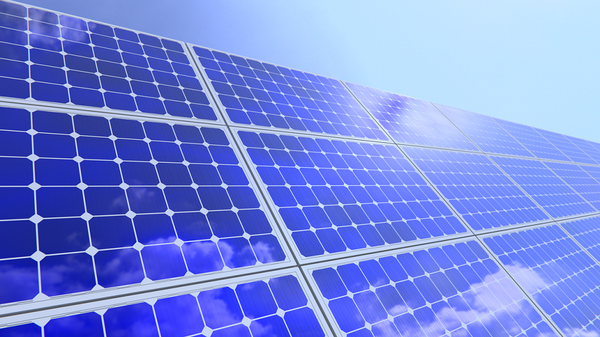Smart cities tap into the smart grid to decrease carbon dependency

Following the raising interest in climate change and in decreasing carbon dependency, city leaders are implementing smart energy projects based on smart grid technology, distributed energy resources and alternative and renewable energy. Consequently, smart energy will nurture economic development and reach a revenue increase estimated at $20.9 billion in 2024, Navigant Research found.
“Energy is the lifeblood of a city,” says Lauren Callaway, research analyst with Navigant Research. “Developing an integrated and sustainable energy strategy within the smart city framework is one of the most effective ways cities can contribute to their larger goals of addressing climate change, supporting citizen well-being, and fostering economic development.”
Smart grids are made up of smart meters and appliances which ensure renewable energy is properly produced and administered. “Many synergies exist within the technology frameworks that make up the backbone of the smart grid, advanced energy, and other smart cities applications,” says the report.
Everything is smart today. IoT is reshaping the city of the future which will greatly benefit from the implementation of smart energy projects, although there are policy gaps. Alike the general issues smart devices are dealing with, interoperability and security are still an overall barrier for all smart systems thus making us question their viability. Especially since they are internet connected and integrated with each other, machine-to-machine communication should be simple and without vulnerabilities. These issues ultimately affect users by exposing them to risks but will also give them a bad experience with the products.
tags
Author
After having addressed topics such as NFC, startups, and tech innovation, she has now shifted focus to internet security, with a keen interest in smart homes and IoT threats.
View all postsRight now Top posts
How to Protect Your WhatsApp from Hackers and Scammers – 8 Key Settings and Best Practices
April 03, 2025
Outpacing Cyberthreats: Bitdefender Together with Scuderia Ferrari HP in 2025
March 12, 2025
Streamjacking Scams On YouTube Leverage CS2 Pro Player Championships to Defraud Gamers
February 20, 2025
How to Identify and Protect Yourself from Gaming Laptop Scams
February 11, 2025
FOLLOW US ON SOCIAL MEDIA
You might also like
Bookmarks








